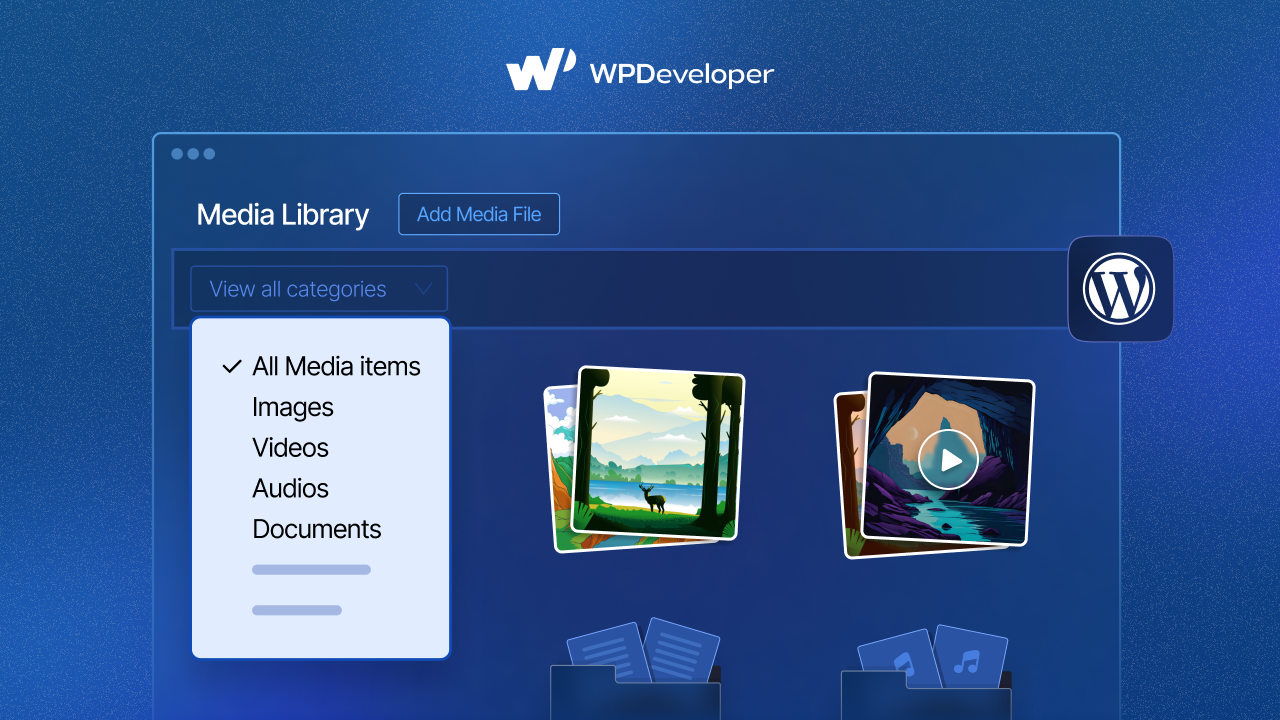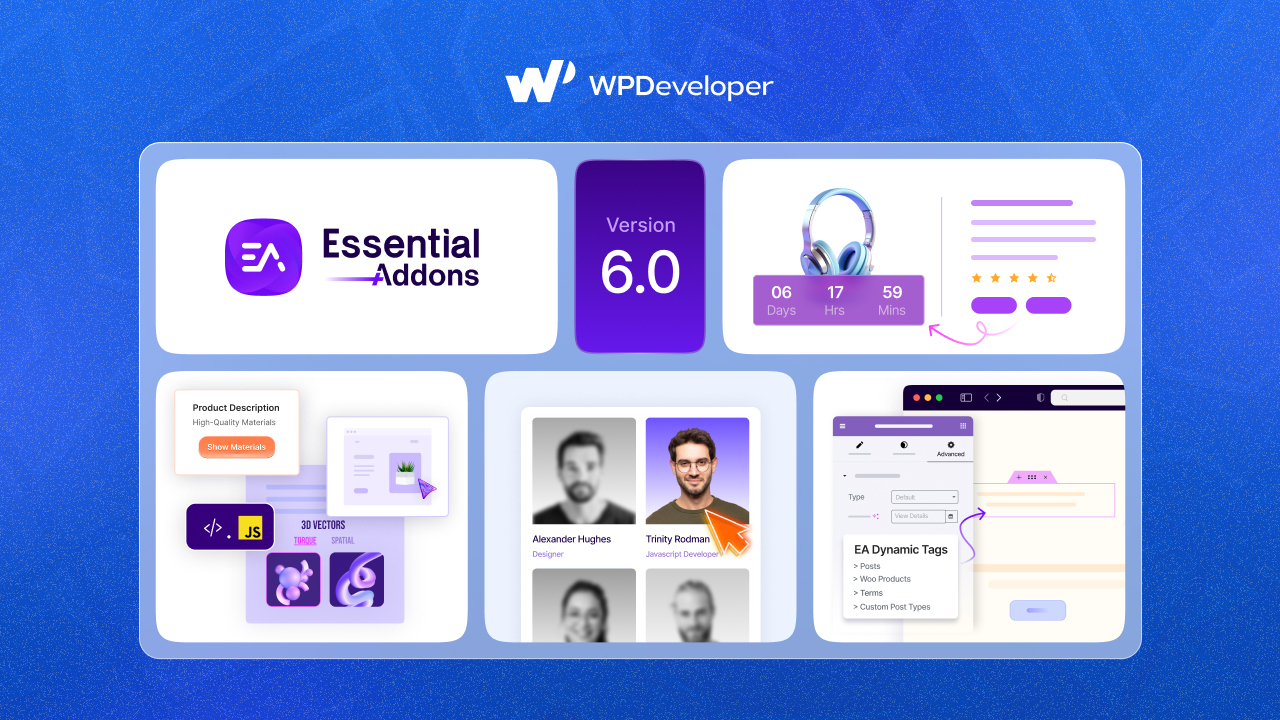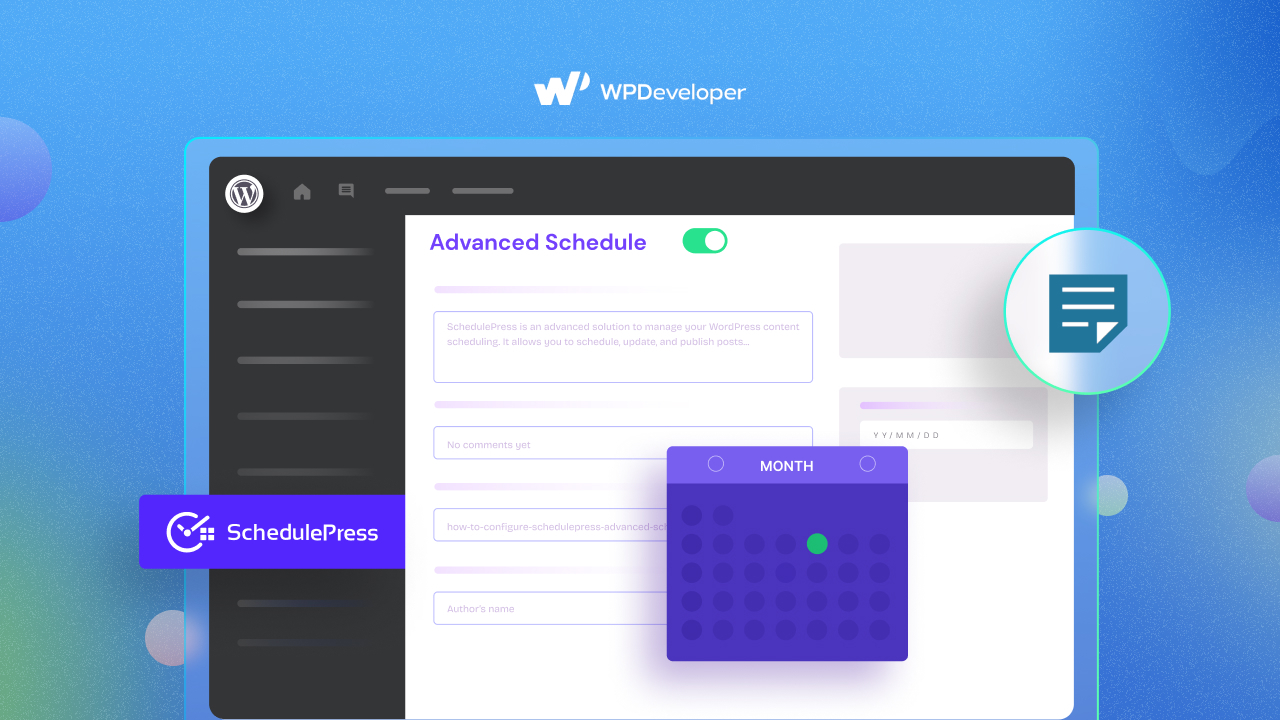It’s been a few years since we have been seeing the default Gutenberg WordPress Editor slowly become more and more popular, with tons of new updates like a revamped user interface, amazing block patterns, reusable blocks and much more. If you are wondering if you should stick to this default Gutenberg editor, then read on below. In this post we will show you the pros and cons of using Gutenberg WordPress editor.

Why Should You Use Gutenberg WordPress Editor?
Gutenberg WordPress Editor is designed to make page building and content creation. And with every new update of WordPress, the block editor also sees tons of bug fixes, improvements and enhancements.
For example, with Gutenberg WordPress Editor, you get tons of ready blocks that you can insert and edit to make beautiful posts and pages easily. These were introduced in WordPress 5.5 and it has made creating web pages in block editor a breeze for both new users and experienced web creators alike.
Easy, Drag-And-Drop Interface For Page Building With Blocks
Gutenberg gives you a neat white empty canvas. All you have to do is drag and insert blocks to create your page layout and design them any way you want. You can create columns and adjust them easily with the ‘Column’ block, add Call-To-Action buttons, images and much more.

What’s more, Gutenberg WordPress Editor comes with user-friendly features that makes it easy for you to design your pages. The block handler that came with WordPress 5.6 for instance lets you easily move a block from one section of your page to another. And with the inline editing option for images that came with WordPress 5.5, you can easily crop and resize your images in Gutenberg.
Add And Customize Your Content Effortlessly With Ready Blocks
For content creators, writing in Gutenberg WordPress Editor is super easy and you can even style your content to make it stand out. Using blocks like ‘Headers’, ‘Pullquote’, ‘Paragraph’, ‘Lists’, ‘Tables’, ‘Images’ and much more, Gutenberg makes it easier for you to create beautiful content effortlessly with the block editor.

You can even style these blocks by changing the text color, size, weight and background colors. And with WordPress 5.8, you will get even more options like an improved ‘Buttons’ block that lets you adjust the width of your buttons and display them in horizontal or vertical layout.

Create Beautiful Pages With Block Patterns And Pattern Directory
The recent updates in Gutenberg have come with tons of new improvements and enhancements to make block building even easier. Take the block patterns and reusable blocks for instance.
You can easily select multiple blocks at the same time, group them together and then save them in Gutenberg WordPress Editor to create reusable blocks. This is very helpful when you want all of your posts and pages, or even certain sections to have a consistent design system.
Similarly, Gutenberg WordPress Editor also comes with tons of block patterns to help you quickly design beautiful web pages. You can insert these ready block patterns and customize them with just a few clicks.

If you want, you can browse for more beautifully designed block patterns from the new Pattern Directory that is coming with WordPress 5.8. Inserting them into your block editor is very easy; you just have to copy the pattern you like and paste it into your editor.

Built-In Template Editor For Posts And Pages
Besides creating reusable blocks and block patterns, you can also use the new Template Editor in Gutenberg to turn any post or page into a ready template that you can insert and use again. This will help you build web pages faster and create your content with more ease using the block editor.

Very Responsive And Fast Loading On All Devices
One of the reasons why Gutenberg WordPress Editor is so popular is because it is lightweight and the web pages you can create will be very responsive on all devices. When creating your web pages, you can easily preview the responsive on desktop, mobile and tablet devices.

Some Cons Of Using Gutenberg WordPress Editor
Although the default block editor comes with many advantages, there are a few reasons why some people prefer using the Classic Editor or even Elementor Editor when creating web pages and content.
Let’s take a look at some of the reasons why web creators may prefer other editors instead of the default block editor.
There Is A Bit Of A Learning Curve When Using Blocks
Learning to create web pages with the block editor can take a bit of time and practice, especially for beginners or those who are more comfortable with the Classic Editor. The interface is completely different from any other editors or page builders, so it might be a little bit overwhelming for new users to adjust and learn how to use the blocks swiftly to build web pages.
Backwards Plugin Compatibility May Still Be An Issue
Since there are so many new WordPress plugins and themes available, there may still be many old plugins with a large user base that are still not fully compatible with the block editor. This is issue may take a very long time to be resolved.
The Block Editor Is Still Seeing Many Improvements
There are still many more features to come in the Gutenberg editor, to improve the accessibility and user-friendliness of the block editor.
Should You Move On To Gutenberg WordPress Editor?
Now that you know the pros and cons, you know what to expect from Gutenberg. Let us know in the comments below if you want to shift to Gutenberg WordPress Editor, and share your experience with us.
For more fun tutorials, news and updates make sure to subscribe to our blog or join our friendly Facebook Community.









